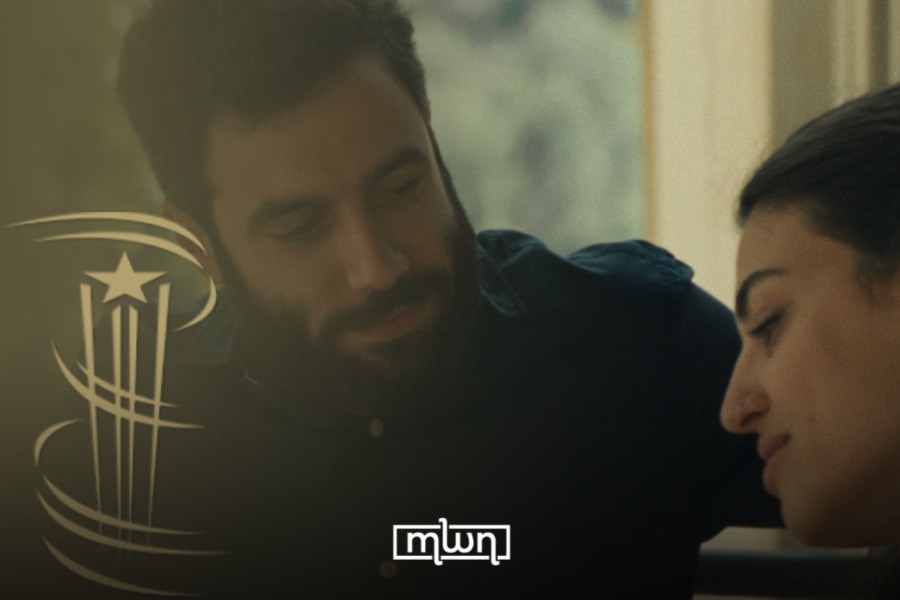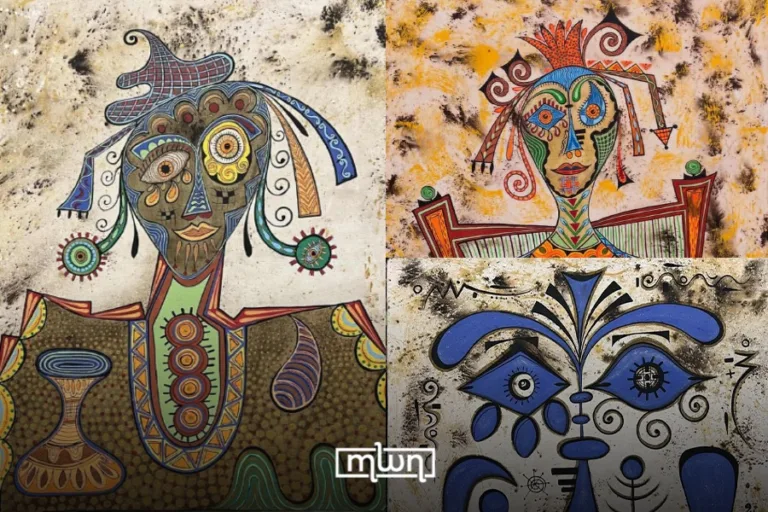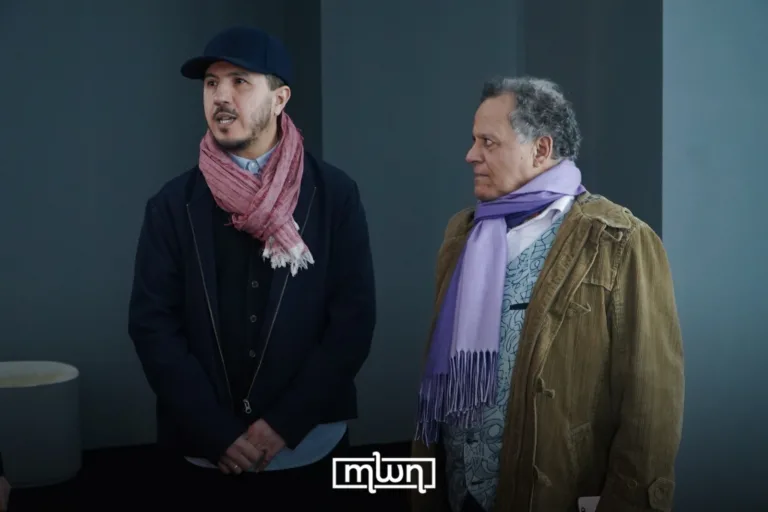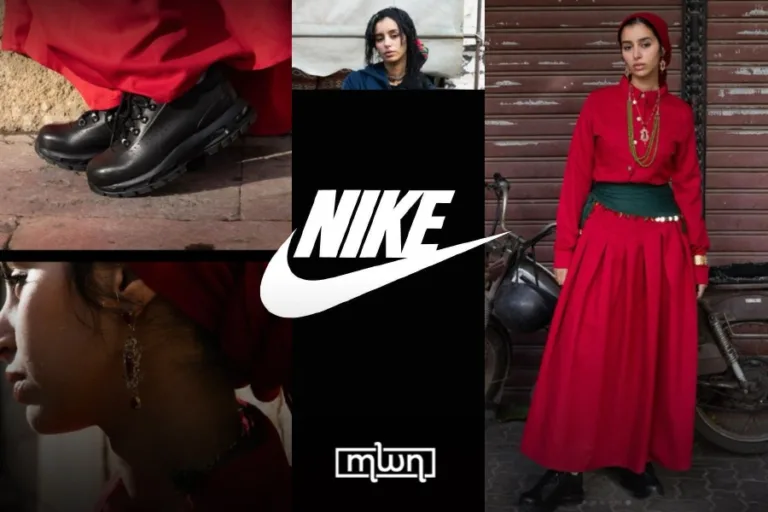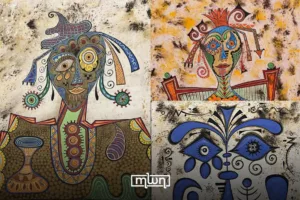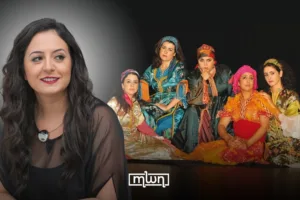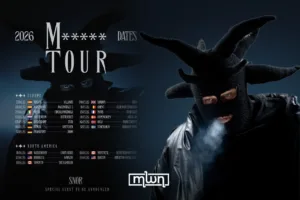The triumph of the groundbreaking film illuminates cinema’s ability to challenge conventions and amplify diverse voices, proving its power to shape and redefine storytelling.
Benguerir – The 21st edition of the Marrakech International Film Festival (FIFM) has once again proven its place as a pivotal platform for global cinema, with Palestinian film “Happy Holidays” emerging as one of the stars of the event.
Directed by Scandar Copti, this compelling Haifa-set drama captivated audiences and judges alike, clinching the prestigious “Étoile d’Or” award and receiving a heartfelt tribute to its powerful storytelling.
The film’s exploration of societal divides and personal crises offers a raw look at the challenges of contemporary Palestine.
A tale of societal divisions
At the heart of “Happy Holidays” is a simple yet profound story: a minor car accident that opens a window into the deep-rooted social and political issues that divide a community.
The film’s exploration of characters caught in the crossfire of these societal tensions strikes a powerful chord, inviting audiences to reflect on the subtle, often invisible forces that shape human behavior.
The jury’s decision to award it the festival’s highest honor speaks to the film’s emotional depth and its universal relevance.
A double win for Palestinian talent
The accolades for “Happy Holidays” were not limited to the film itself. The film’s outstanding performances were acknowledged with a rare dual Best Actress award, presented to Wafaa Aoun and Manar Shehab.
Both actresses delivered captivating portrayals, their nuanced performances breathing life into the film’s complex characters.
This joint recognition exemplars the importance of Palestinian women in cinema, and their ability to convey raw emotion and strength through their craft.
Universal themes of humanity on screen
The 2024 FIFM also honored other remarkable cinematic talents. Damian Kocur’s direction in “Under the Volcano” earned him the Best Director award, while Roman Lutskyi’s portrayal of a man grappling with existential despair in the same film won him the Best Actor honor.
These films, along with “The Cottage from Argentina” and “The Village Next to Paradise” from Somalia, demonstrate the festival’s commitment to showcasing a diverse array of voices and genres, each exploring universal themes of human experience.
Beyond the screen
The festival was not just about competition and awards but also about celebrating the spirit of cinema. The tribute to Moroccan cinema icon Naïma Elmcherqui was a poignant reminder of the rich cultural heritage that underpins the global film industry.
Hollywood legends such as Sean Penn and David Cronenberg also graced the event, engaging in meaningful discussions on the intersection of politics, art, and storytelling.
The future of Moroccan cinema
In addition to its celebration of international cinema, FIFM 2024 also provided a platform for emerging voices, particularly young Moroccan filmmakers. With initiatives like the Atlas Station program, the festival is fostering the next generation of storytellers. The festival is a springboard for the future of Moroccan cinema, ensuring that new voices continue to rise and make their mark on the global stage.
The Marrakech International Film Festival 2024 closed on a note of reflection, recognizing the power of cinema to transcend borders and unite diverse cultures. “Happy Holidays” triumph is a testament to the universal nature of film and its ability to give a voice to those often overlooked.
In an industry that frequently rewards conformity, the recognition of such bold, unconventional narratives at FIFM sends a powerful message about the importance of diversity, creativity, and the celebration of stories that challenge the status quo.
Through films like “Happy Holidays” and the festival’s continued commitment to groundbreaking storytelling, FIFM has reinforced its place as a vital platform for cinematic voices from all corners of the world.

